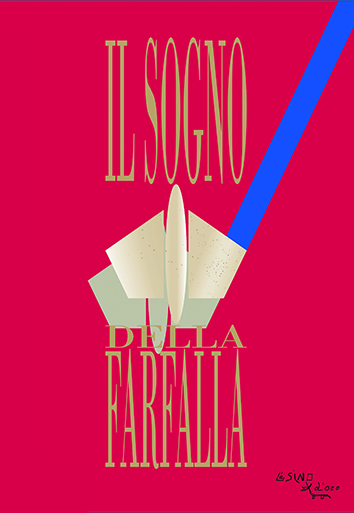Wider than the sky, deeper than the sea. From animal spirits to human vitality
Abstract
This article intends to propose that the paradigm of emergentism does not resolve the problems of Cartesian dualism between mind and body. This thesis is based on an historical reconstruction beginning with the decisive steps towards the laicization of the concept of the soul completed by Descartes through the proposition of a dualistic vision. One examines the reaction to the Cartesian mechanism crucial in the scope of natural philosophy of the 17th century which gave life to a vitalist tendency marked by a biological pessimism which, after many transformations, emerges in the ideology of the first decades of the 20th century and in psychoanalysis. Finally one focuses on various innovations which have characterized the second half of the last century. On one side new knowledge in human embryology and in particular the discovery of epigenetic and evolutionistic factors have given new comprehension in the birth process. On the other side M. Fagioli’s theory has given an essential contribution to the study of human vitality. The non-equilibrium physics and the one of the thermodynamically open systems allow us also to understand the embryonic morphogenetic processes and more generally the auto-organisation of organic material. All of which makes possible a new interpretation of biological phenomena.


